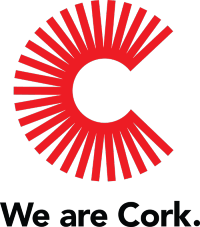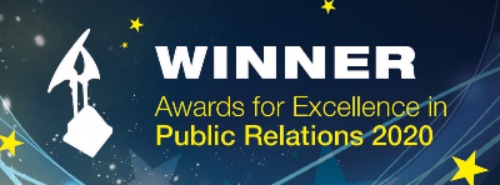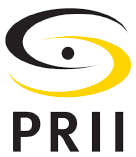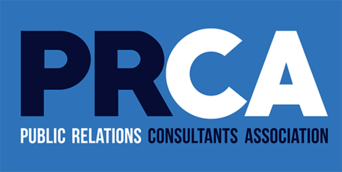Trust in News Media
“This is not about abandoning democratic values such as championing fair debate or an abhorrence of racism. But it is about being free from political bias, guided by the pursuit of truth, not a particular agenda.”
Tim Davie, 2020, BBC Director Introductory Speech
Speaking at his introductory speech as BBC Director General in September 2020, Tim Davie outlined his commitment to media impartiality, but acknowledged the importance of allowing journalists and reporters to take a position on a story if supported by unequivocal facts. In a year when the importance of the accuracy and clarity of news has been of paramount importance in society, it was a timely statement to make. Strong interest in accurate and detailed reporting of the COVID-19 pandemic has served to boost public trust in news media, which has seen an average 6% increase globally according to the latest Reuters Institute Digital News Report.
COVID-19 Effect
Since February 2020, the media landscape has been almost entirely dominated by rolling coverage of the COVID-19 pandemic. Reporters excelled at distilling complex and detailed information into bite-sized updates, creating a trusted channel of communication between governments, public health experts and the public. At a time when uncertainty and panic was taking hold, we turned to familiar faces in search of clarity. This has almost certainly been the main contributory factor for public trust in Irish media rising by 5% over the same Reuters report in 2020. The Irish data reflects a global trend, with public trust in news rising by an average of 6% across the 46 markets that the Reuters report covers. The number of Irish people that cite TV as their main source of news consumption rose by 8% to 41%. We grew accustomed to seeing RTÉ and Virgin Media reporters on our screens each evening, and put our faith in their ability to interpret Government and HSE communications on our behalf. Here again the Irish data mirrors global trends, with media consumption patterns shifting back to traditional outlets over the last year. It is possible that this was driven by changing work dynamics with people now spending more time at home, but it also reflects a strong display of support and trust in traditional media outlets as the preserve of accurate reporting.
Fears of false information
Across the 46 markets covered by the Reuters report, concerns about false and misleading information finding its way into the media landscape have increased over the last 12 months. In a crisis situation, fear becomes a very powerful emotion. It can make people more susceptible to ideas that they may be more inclined to dismiss out of hand when not presented with a crisis and, in turn, this helps to drive the spread of misinformation. Whilst some media outlets have proactively called out misinformation, there are many examples of outlets that have leaned into the state of fear and used a partisan style of reporting. The Reuters report specifically points to the polarised nature of US TV networks like Newsmax, Fox News and One America News in the build up to the 2020 US Presidential election as examples of this.
Some social media platforms were accused of sharing false information, with conspiracy theories about the COVID-19 pandemic being the most commonly reported worry across all countries. It is notable that across most markets, the Reuters report found that whilst trust in news media has improved, the trust placed in social media channels as a source of news has remained static, thereby exacerbating an already sizeable trust gap. In Ireland, we have seen fantastic examples of public service journalism to help fight back against the tide of “fake news”, particularly from RTÉ and TheJournal.ie. This commitment to fact-checking and responsible reporting has almost certainly played a role in public trust of Irish media outlets rising over the last 12 months.
Impartiality is king
The Reuters report found evidence that one of the biggest drivers of mistrust in media is in relation to the perceived fairness of media coverage. Using a comparison of global trust scores vs. age, gender, ethnicity and political views, the report found that members of the public across all demographics felt that media coverage of news that is of interest to them did not receive balanced representation. A great deal of this frustration lies in the existence of overtly partisan news organisations and individuals. It is also important to look at the polarisation of public views in driving this new era of subjective reporting, and the commercial reasons that have encouraged organisations to use their biases as a USP. The existence of online communities which encourage a partisan approach to news, coupled with media organisations distributing unregulated opinion pieces through their online platforms, has led us to a situation where organisations are enabled to take sides on a debate. However, the Reuters report shows that an overwhelming majority of 92,372 survey participants favour impartiality and neutrality from their news outlets, reflecting a range of views instead of taking a position on a story.
In a year that has shown the fundamental role that accurate, high quality journalism can play in communicating factual information and updates, it is reassuring to see public trust in news media experiencing a boost globally. The polarisation of society has put pressure on news organisations to forego accuracy and impartiality in search of profits and success. Some notable global exceptions aside, organisations have mostly stood firm in their commitment to public service journalism and that has been reflected in the results of this Reuters study.










